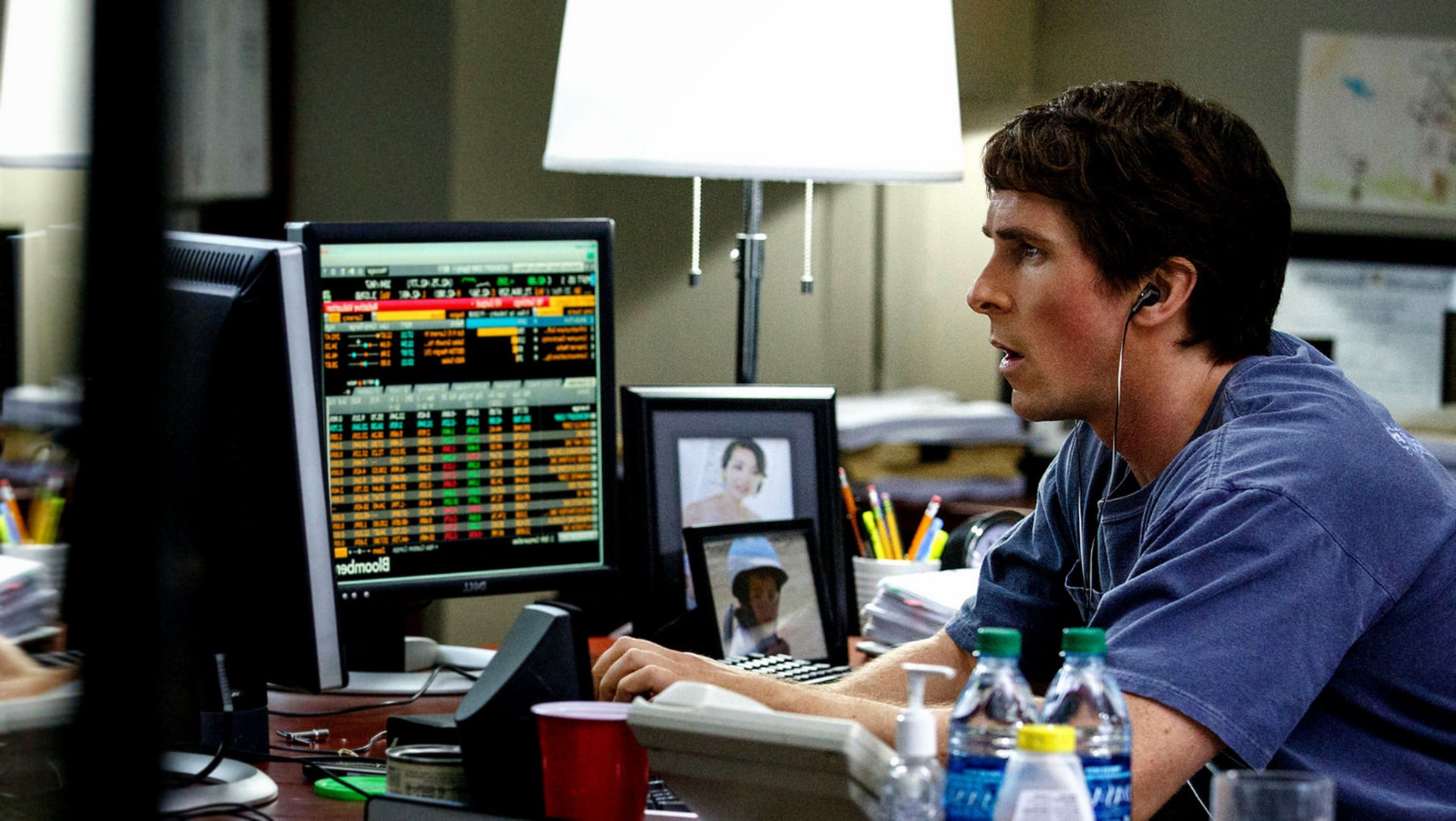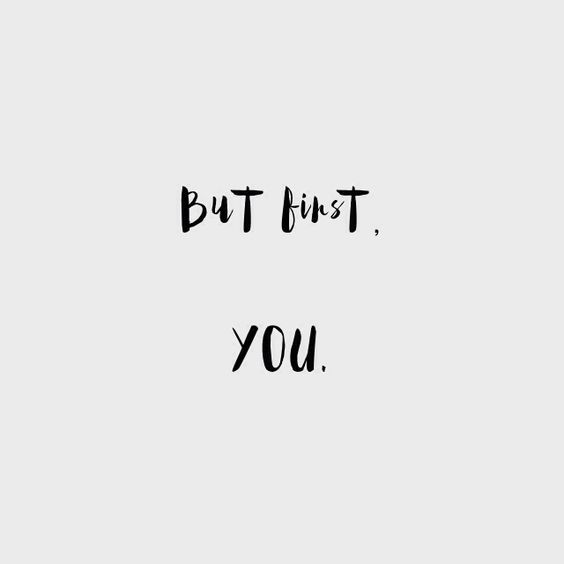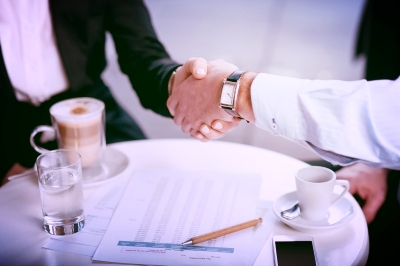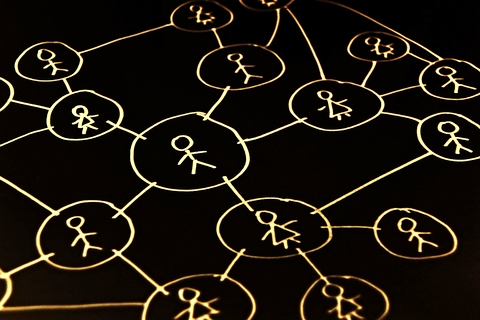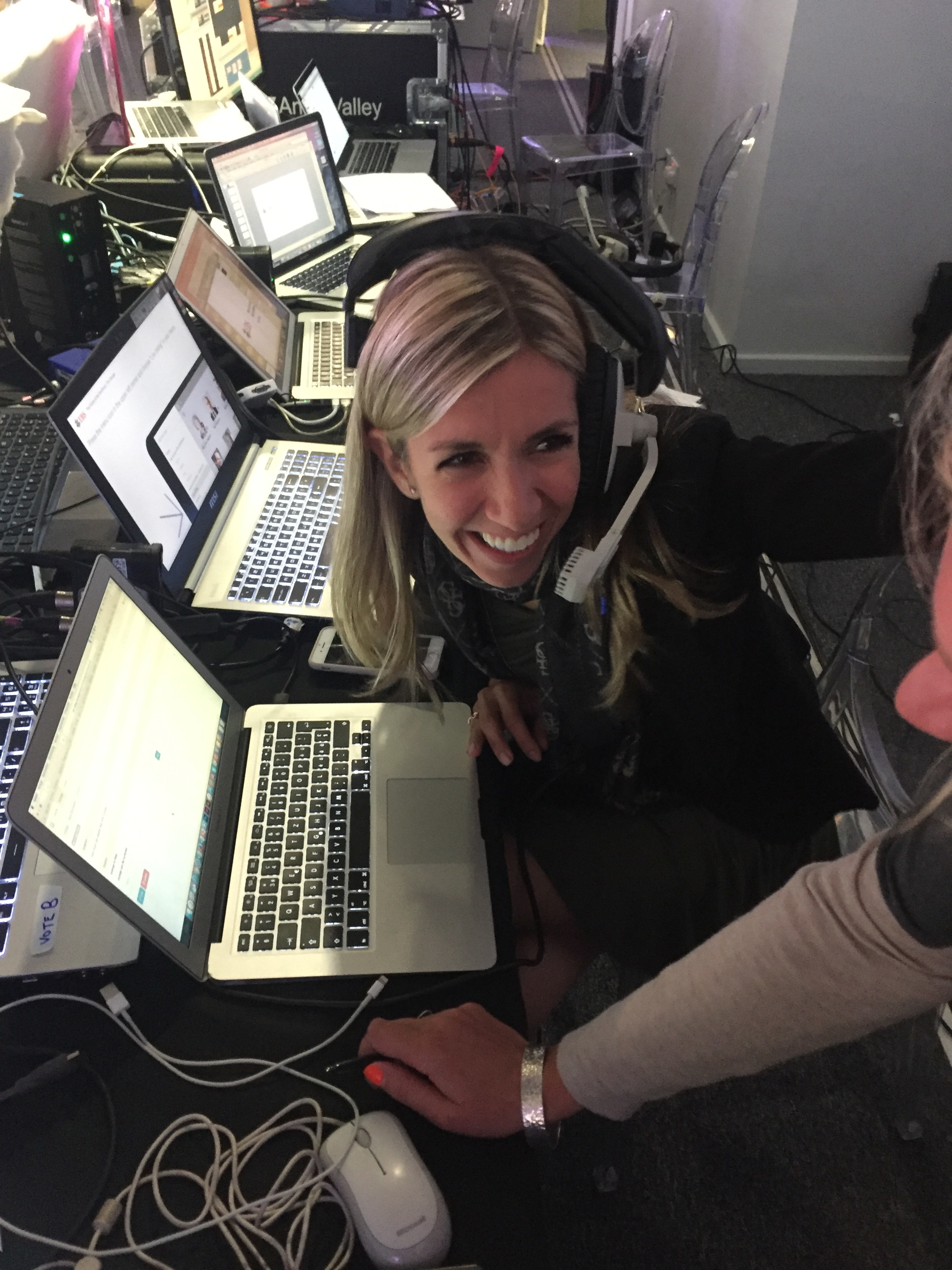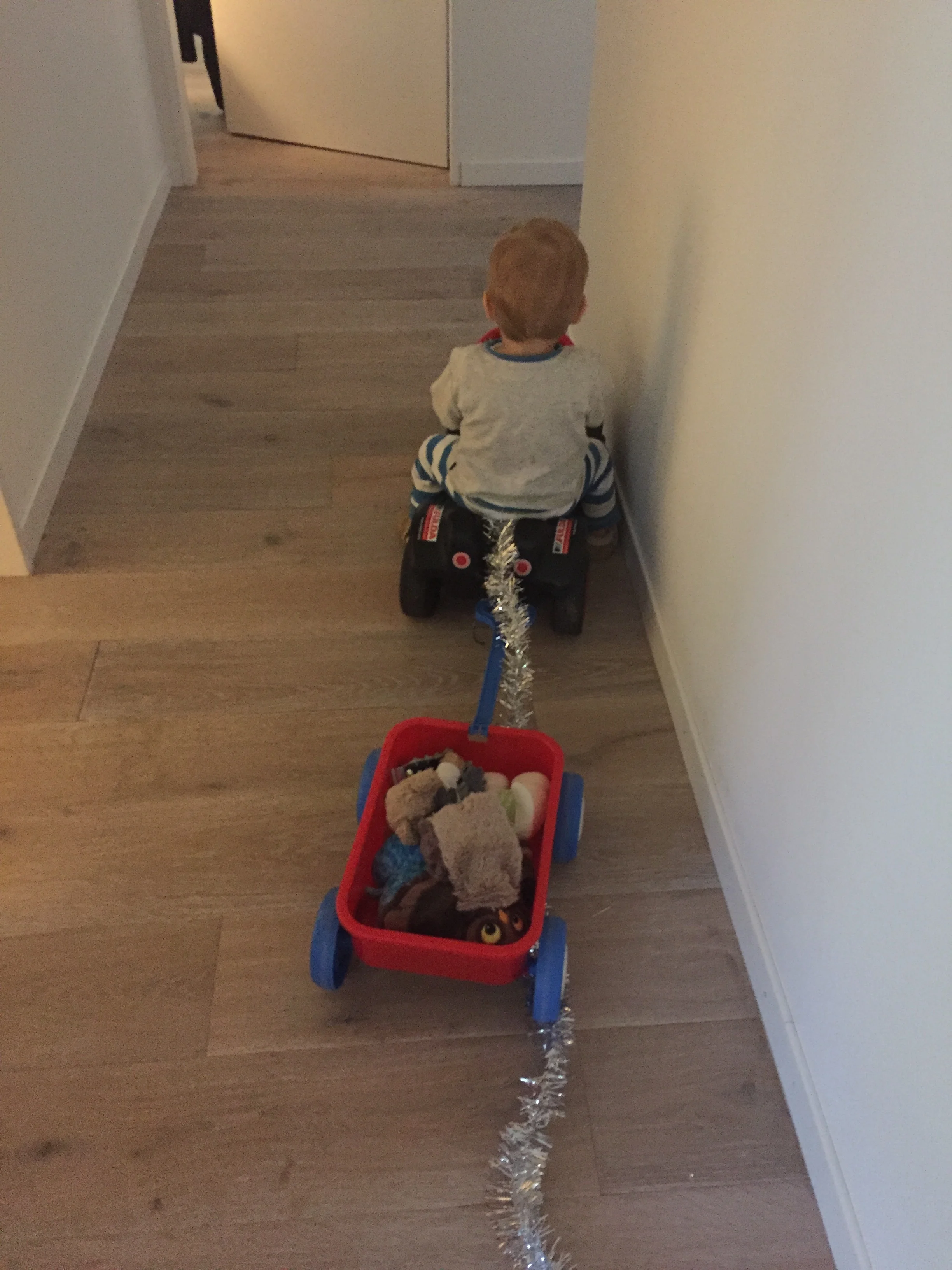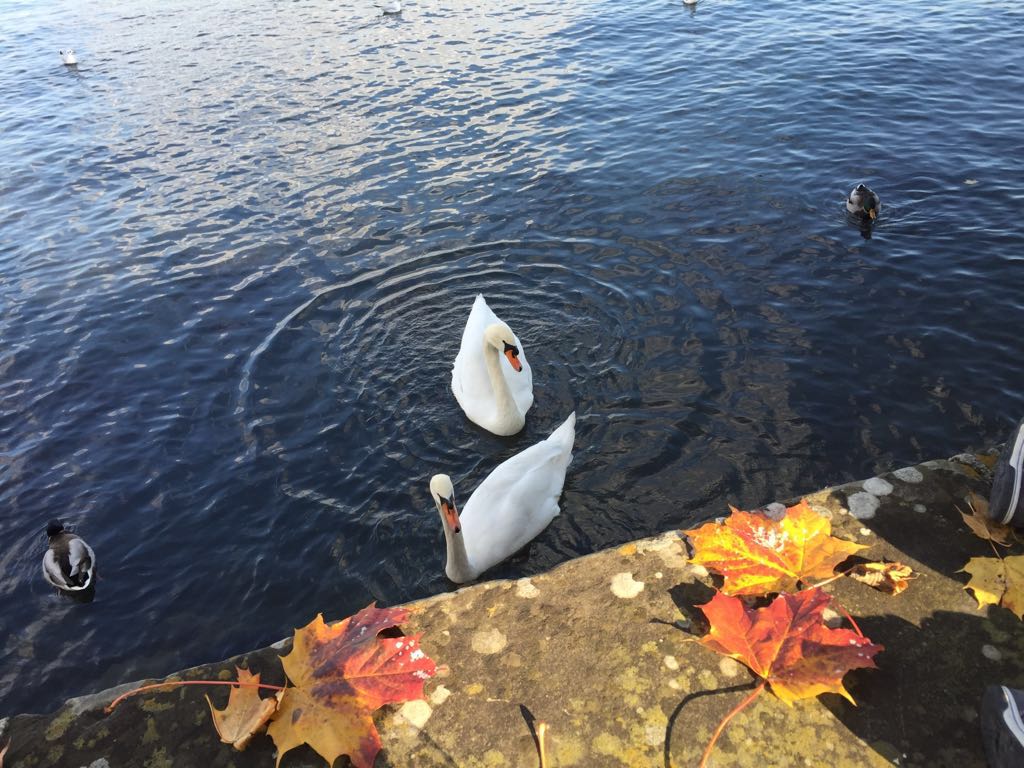Clockwise: Chiara Condi (left), Riccarda Zezza, Manuela Andaloro
Riccarda Zezza, CEO of Life Based Value and Manuela Andaloro, business strategist and international blogger, interview Chiara Condi, Italian-American based in Paris, thirty year-old founder of Led By HER , a non-profit which empowers women who have suffered from violence through entrepreneurship. The organization gives different forms of entrepreneurship a voice, and raises a new form of awareness about gender based violence.
(Interview also published in Italian on StartupItalia!)
——————-
Sociologists tell us even the most introverted of people will influence over ten thousand others in an average lifetime. Can you imagine how many people we have knowingly and unknowingly influenced in our lives so far? How can we best leverage on this power? We hear daily about leadership, and yet we are left wondering who are the real leaders?
Riccarda and Manuela’s idea is to create a series of interviews aimed at portraying impact makers and leaders who are driving change and innovation worldwide, and in doing so, are raising awareness on a new successful type of genuine leadership.
New role models who base their success on strategic 'soft' skills, such as empathy, creativity, communication, those incredible few who spark energy and strength as they positively impact others and society.
We start with Paris-based Chiara Condi, Italian-American, thirty year-old founder of Led By HER , a non-profit which empowers women who have suffered from violence through entrepreneurship.
Q. Much has been written about you over the years. Today I would like to reveal a few angles of your professional life and the impact you have had. Shall we start with who is Chiara today?
A. I would say that I am at a crossroads of my life right now because I have spent the last ten years of my life working on gender equality and women’s empowerment issues and the last five years building up a nonprofit organization Led By HER, which carries out advocacy and programs for women’s entrepreneurship and women’s rights. This work that we have carried out on the ground over the years was very formative, it has given me new ideas and the willingness to do more. At this time it pushes me to advocate to try to change things on a new level through the visibility that I have gained. It has provided me with new ideas and visions of what we can do that can make a big difference for women and now more and more I feel that it is my job to make those ideas heard. That is why I try to participate as much as I can in conferences, media and international dialogues, because I think that it is more important than ever to raise awareness around these issues.
Q. When I say work-life (balance), what do you envision?
A. I think that there is no perfect formula about how to divide time in your life. The only thing that that has worked for me has been setting priorities and making each decision based on those priorities. That way I never have to feel bad about the choices I made or about saying no to something. And I believe that instead of always quantifying the time we spend on things in our life maybe we should be qualifying it instead. I do this in my own life by being fully present with whatever I am doing at the moment, whether that is work or my personal life. Even if it’s something small that I am allowing myself I enjoy it fully. When I am doing whatever I am doing at a given moment in time nothing else matters. When I try to apply this all-encompassing rule to my life I see that I feel much more fulfilled.
“Make sure that the first person you serve is always yourself because that is the only way you will truly help others.”
Q. Do you see any connection between parenting and management?
A. Yes I believe that good parenting like good management is all about leadership development. Your role as a parent is to develop your child into an independent free thinking adult who will do his best in life. Much in the same way in companies you foster people’s potential and talents so that they can be the best version of themselves. That is when they will also give you your best. I also think that fulfilled individuals can become a company’s best asset.
Q. Who were or are your female and male role models, professionally?
A. I do not think I have formal role models, but I am very inspired by the women we helped through Led By HER because they taught me that whatever happens in life you can still show up and change your life. And if they believe that every day can be the start to a new life, then all of us should. Whenever I think of them any excuse that I build up in my life not to show up falls to the ground.
Q. Where do the synergies between your professional and personal goals lead you daily?
A. Embodying your own goals is an important aspect of success. I care much more than I ever did about that and how I treat myself and run my own life. Only once you achieve that equilibrium in your own life can you unleash the potential to carry out great things. And it is not about major things, but rather about how you show up in your life daily.
Q. How can women, and new leaders, pursue a different type of leadership, and avoid some of the pitfalls that bad managers – we’ve all had at least one! – make?
A. One of the greatest qualities of the new leader is empathy. Understanding the people you have in front of you, their potential and where they want to be will enable you to make the best arise out of the people you work with. Great leaders see potential and work with it.
Q. What is the biggest professional mistake women are still making – what should we stop doing?
A. Not asking for their worth. I interviewed many women around the world and I realized that if there was a common denominator in their struggle it was credibility. The truth is that while a man’s work is taken at face value, a woman’s work is not. Women expressed that they have to prove themselves and work twice as much as men to prove that they deserve something. But we cannot stop there and surrender ourselves. Even if the world is this way and these are our circumstances why can we not work on being so aware of ourselves and know our own worth to claim what we deserve? Every time you are asking for that promotion or negotiating that raise do it, go for it, for yourself and for all women because it is time we teach the world what we are worth and not settle for anything less.
Q. Why does management have such a bad reputation in some corporations?
A. If we are afraid of management it could be because we are associating it with an old style of doing things. I think that now more and more corporations are realizing that people are their first and most precious resource and that their biggest asset should be cultivating them. I think the best survival skill in any environment is always to be yourself. Whatever decision you make don’t make it come from your environment but from you, that is is the only way you will be OK with whatever happens around you.
Q. Will the millennial generation be a very different kind of leader?
A. Yes I think we are moving towards a leadership of questions rather than a leadership of solutions. A good leader is someone who asks all the right questions, not someone who already knows the answers. Innovation has turned the world on its head because it has taught us that hierarchy does not exist. Good ideas can come from anywhere and the best leaders are those who will be able to seize things rather than impose them.
Q. There is a large debate going on around the future of work, talent retention, women and millennials values. What do you think the future holds for old school organizations?
A. I had the chance of giving a conference about this lately in Cape Town for the aviation industry, which is an industry that faces great challenges in renewing itself for the future. There is potential for all industries as long as people’s voices are heard and they are included in processes. When people lose sense in work is when they feel that their work is disconnected from what is happening around them. There is no such thing as an organization and its employees, they are just one---the organization is its employees and therefore they have to feel with every ounce of their bones that they are part of it. That is what we all want, to be part of something greater than ourselves, and organizations that miss out on providing that sense of purpose will miss out of the future.
Chiara Condi at the OECD Summit Paris 2018
Q. What’s the most important business or other discovery you’ve made in the past year?
A. That nothing is permanent, that I am replaceable and not to be attached to any single outcome in life. There is no single solution, but when I started I had very fixed measures of success. When you do that it makes it impossible to just be happy with whatever is happening right now and to trust that even if something is different from what you expected it can still be great. I also realize that sometimes you start someplace and then life takes you somewhere else, and I used to fight against that, but now I have learned to listen to it and to embrace it.
Q. How do you recharge your energy?
A. I never believed when I was younger that I mattered more than what I do, but now I do because I understand that is the only way to make a difference. You can only give fully from that place of abundance, so I try to create that for myself daily. It takes the form of daily yoga, pilates and meditation with visualization and journal writing. And then taking longer moments of distance from my work through travels that nourish my soul. I love seeing what I have never seen before and it replenishes me entirely.
Q. What drives you, at the end of the day?
A. Feeling that I left the world a little better than it was yesterday. If I can say that to myself then I can sleep well at night.
Q. What does impact mean for you? How would you describe the impact you have had on people and on the world?
A. I used to think that impact was a big word and impact meant millions of people, that everything had to be big to matter. Actually Led By HER taught me the opposite. Impact is much more about doing small things in a big way. Impact is about the intention and magnitude with which you do every little thing-- and that is what will move mountains. I learned that you change a world one person at a time and each of those small revolutions will foster others.
Q. A few final words of wisdom and tips for our career-oriented impact-makers, professionals and entrepreneurs alike, women and men?
A. Make sure that the first person you serve is always yourself because that is the only way you will truly help others.
This interview is a collaboration between Manuela Andaloro and Riccarda Zezza.








